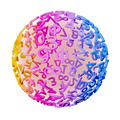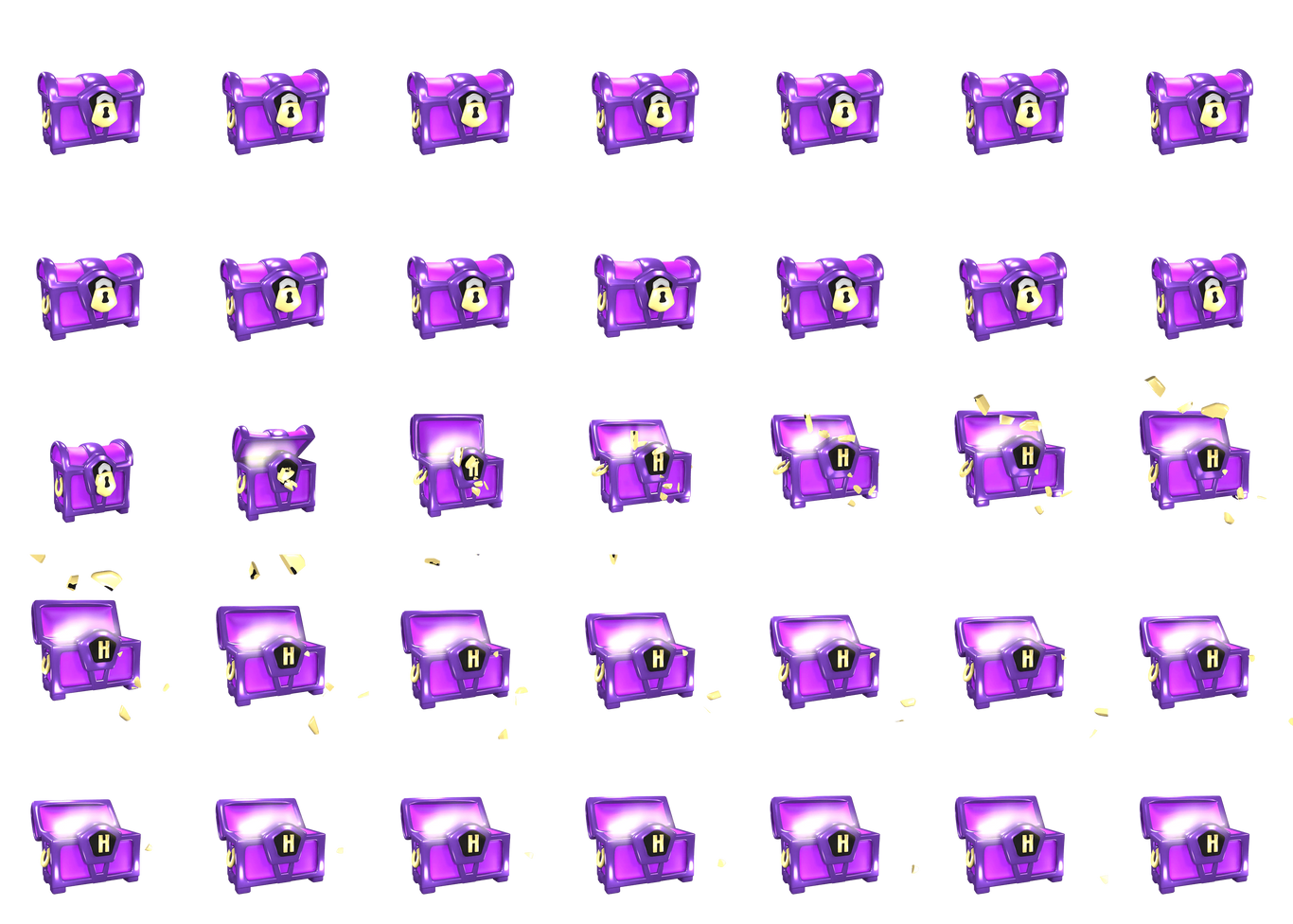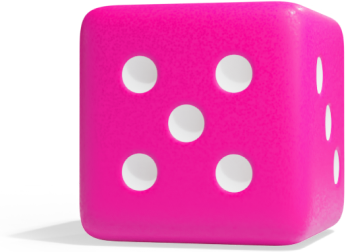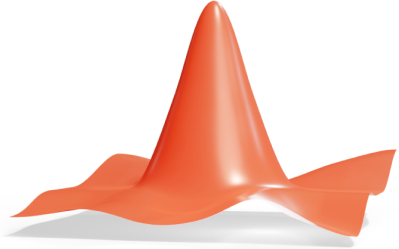Application of Opposite Angles
Rule
Two Angles Formed by Pairwise Normal Rays
Two angles formed by pairwise normal rays have the same size.
This is a really great thing to know when working with angles in geometry, because it can help you identify triangles of the same shape. If you look closely at the figure, you can see that the angles where the triangles meet are opposite angles, so they have the same size. Moreover, since the rays are pairwise normal, each triangle has a ° angle. Hence, the triangles have two identical angles, and the third one must be equal between the two triangles as well. You therefore have two similar triangles of different sizes.
Example 1
Look at the figure. Find the angle and the angle .
You can see that these are two angles formed by pairwise normal rays. Thus, the two triangles are similar with one angle of °. Therefore, you have
Example 2
Given two triangles and , with two angles formed by pairwise normal rays: If , find , , , , .
Because you know that the two triangles have two angles formed by pairwise normal rays, you know that the two triangles are similar. You use that fact to find that:
Thus, either or equals °. You select and get:
Then, because the sum of angles in a triangle is °, you get























